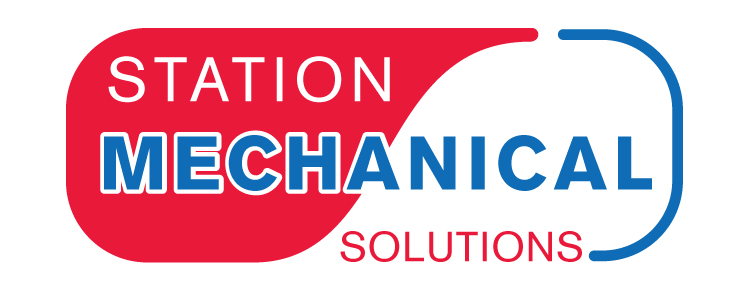
Not considered using external mechanical support before? It’s worth doing the sums and reviewing what your actual needs are before you employ a station mechanic.
Sometimes it just doesn’t add up. Our staff are familiar with station life, they understand the demands on your equipment, and they’re experienced in a wide range of plant & equipment.
Reason 1.
You don’t need a full-time station mechanic
Depending on the size of your station, how much plant & equipment you run, and how new or old that gear is can really impact whether or not you need a full-time mechanic.
Perhaps you have newer vehicles, so the focus is on servicing & preventative maintenance rather than dealing with breakdowns.
Perhaps you’re a smaller operation, and you only have a handful of vehicles to maintain. Finding someone suitable who is willing to do a split role is not always easy, and frequently one part gets neglected.
And the real danger, workload will expand to fill available time, so even when you don’t really need a full-time mechanic, if you have one, often they might be less productive than they would be in a busy workshop.


Reason 2.
You can’t find a full time station mechanic
Maybe you do need a full-time mechanic but can’t find one.
It’s really challenging to find suitable applicants when it’s not just their mechanical skills to be considered, but their accommodation requirements (single or family housing), their willingness to move to your location, whether they come with pets, do they fit your workplace culture, can they comply with your site safety requirements – and if you manage to tick all those boxes, will they accept the money on offer.
It’s no secret that mechanics are an in-demand trade, and there are some big dollars on offer, particularly in the resource sector.
So stations have tough competition when recruiting. Lifestyle certainly plays a part, but it can only go so far in attracting the right applicants.
You are also asking these mechanics to work in a solo environment, unsupported by a mechanical supervisor, or even other tradesman.
This can be daunting, particularly for young, inexperienced tradesmen, not to mention the dangers of them making decisions without any guidance.
You wouldn’t put a first-year jackeroo in charge of the stock camp, and you shouldn’t put an inexperienced mechanic in charge of your maintenance.
Reason 3.
You can’t afford a full time station mechanic
It’s not just wages that you need to consider.
There are other costs that come with having a full time mechanic onsite. The cost of providing & maintain board & keep.
Increased freight charges and administration costs for all those parts that have to be ordered, transported, processed and paid for.
Your staff member has to be performance managed and have human resources support. How do you access training for them to stay up to date?
Then there’s the specialist tooling. Vehicles & plant are getting more and more sophisticated, which is making backyard mechanicing more and more challenging. Often simple problems can plague vehicles for months, whereas connecting the appropriate diagnostic tool can yield an answer quite quickly.
The cost of these tools and how rapidly they become obsolete can make purchasing one for a station an impractical exercise.
“…you might be surprised with how many contract hours you can buy for the real cost of your full-time station mechanic.”
Do the maths, you might be surprised with how many contract hours you can buy for the real cost of your full-time station mechanic.
If you are still convinced that a full-time station mechanic is the way to go, then we can still assist;
• Supplement your existing mechanic (holidays, peak season, big jobs)
• Plant & automotive air conditioning (we are ARCTICK licensed)
• Registration inspections,
• Parts supply
• Planning (maintenance schedules, asset disposal)
• Pre-purchase inspections
• Mentoring & advice for station mechanics
If you want to review your options, why not give us a call, we might be the solution you need.

“Our customers enjoy regular visits from high calibre mechanics carrying a range of common parts. Our focus is on preventative maintenance, to keep your plant in top operating condition all the time. Our aim is to minimise the inconvenience of breakdowns.”
